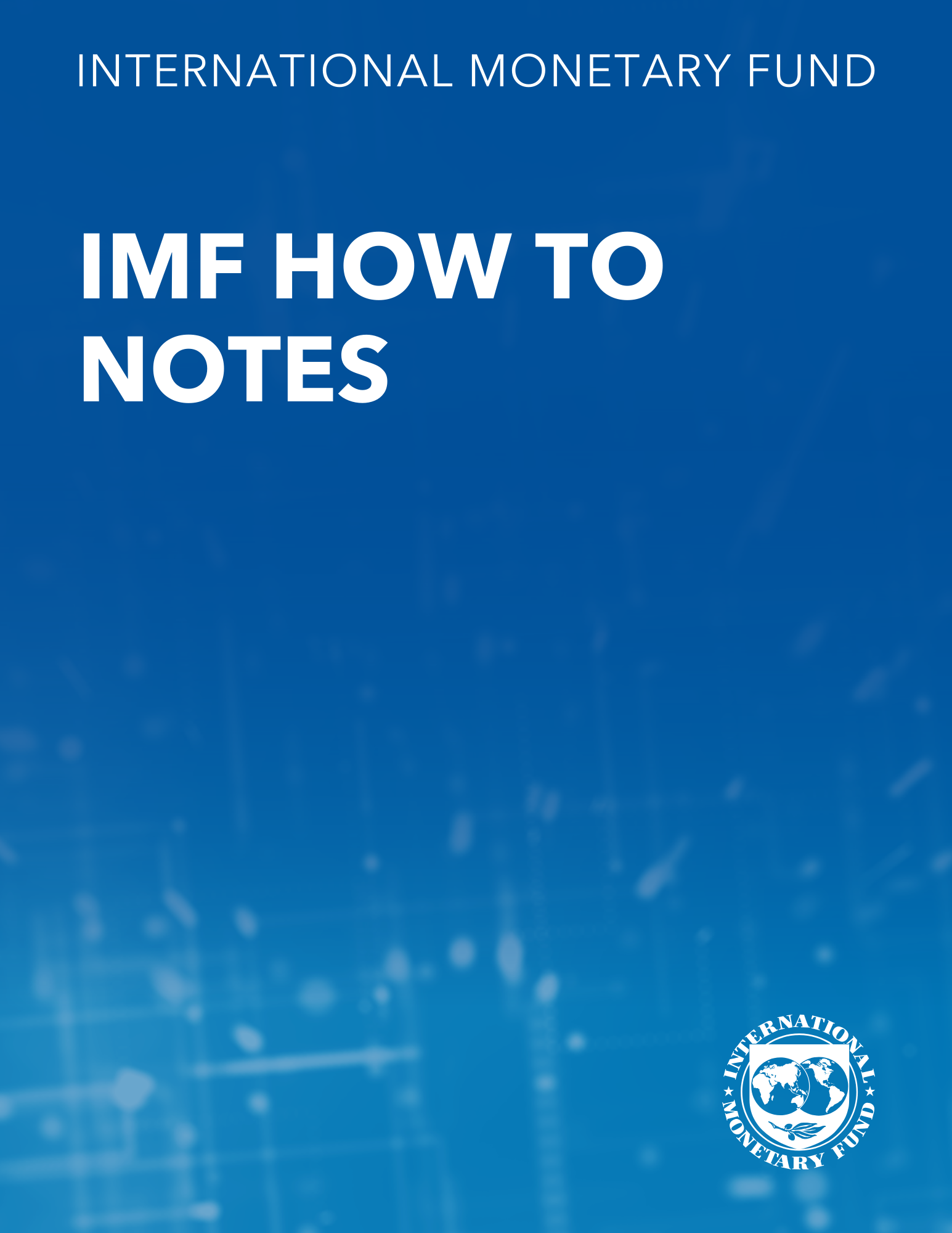Injury Investigations in anti-Dumping and the Super-Additivity Effect: A Theoretical Explanation
August 1, 2001
Disclaimer: This Working Paper should not be reported as representing the views of the IMF.The views expressed in this Working Paper are those of the author(s) and do not necessarily represent those of the IMF or IMF policy. Working Papers describe research in progress by the author(s) and are published to elicit comments and to further debate
Summary
Empirical evidence shows that injury investigations in anti-dumping cases conducted by the United States International Trade Commission, the probability of a positive finding is higher when the number of defendant firms is larger, holding constant their total market share. In this paper we offer a theoretical explanation of this finding. We show that the presence of many exporters exacerbates the free-rider problem, which leads every firm to invest less on defense. Thus for the same market share, injury finding is more likely to be positive for many small sellers than a few large sellers.
Subject: Antidumping, Exports, Imports, International trade, Protectionism, Tariffs, Taxes
Keywords: additivity effect, Anti-dumping, Antidumping, cumulation, defendant firm, dumping charge, dumping margin, Exports, Imports, injury investigation, market share, Protectionism, representative firm, s. Assuming, Tariffs, WP
Pages:
13
Volume:
2001
DOI:
Issue:
110
Series:
Working Paper No. 2001/110
Stock No:
WPIEA1102001
ISBN:
9781451853346
ISSN:
1018-5941






